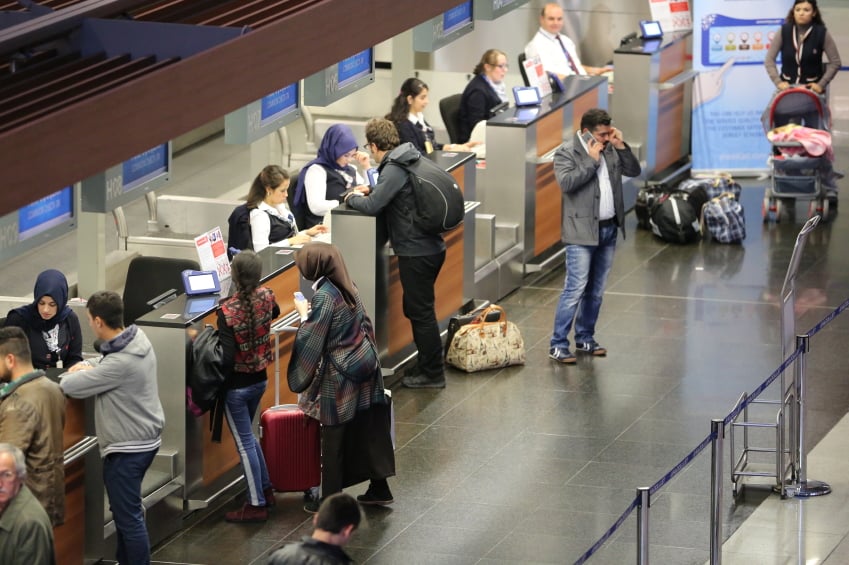If you’re planning a summer getaway, all you’re probably thinking about right now is relaxing on the beach and dipping your toes in the water. You may also be thinking about how to score a travel deal. While getting a deal is great, don’t let your desire to save a few bucks lead you straight into the arms of a scammer. Your best bet is to stick with trusted sites like Expedia, Travelocity, or Priceline. Here are three scams to watch out for during your bargain hunt.
1. Beware of “free” tickets
Very few things are free anymore, and that includes airline tickets. If you get a letter in the mail saying that you won free tickets, don’t fall for it. The Better Business Bureau warned of a scam swirling around that involved fraudsters using the American Airlines and US Airways names in order to convince consumers they had been lucky enough to win free airfare. The BBB says the letters are either mailed or faxed. The ones that are sent through the mail usually have no return address and a signature stamp is used instead of a meter mark. In addition, most of the letters seem to originate from Phoenix, Arizona, and display a logo saying either American Airlines or US Airlines.2. Be leery of discount travel vouchers
If you get a discount airfare voucher in the mail, beware. Similar to the free ticket scam, this one also occurs through the mail. The Better Business Bureau recently alerted consumers to a scam where fraudsters would mail fake vouchers saying “US Airlines Award Notification.” The package would contain vouchers for discounted round-trip airline tickets to anywhere in the United States. This tactic has been fooling many consumers because the name is similar to US Airways, so on first glance it looks legitimate. However, once customers try to redeem the voucher, they will get a travel sales pitch.“It appears that the sole purpose of these letters is to get people to attend meetings to listen to sales pitches for a travel club. There are simply too many questions to believe at this point that this is a good deal,” said local Better Business Bureau Vice President Paula Flemming in a statement.
In another version of this scam, consumers have purchased these vouchers on Facebook only to discover the voucher was fake, or was it real but had already been used.
3. Don’t believe the sweepstakes lie
In yet another scam, fraudsters use Facebook to advertise a fake
vacation sweepstakes. They set up a fake page and tell customers that if
they clicked the “like” button on Virgin Airline’s page and shared a
photo from the page, they would be entered to win free flights for one
year.“Don’t do it. There are no tickets, there won’t be any winners, and Virgin Airlines didn’t create that Facebook page – it’s nothing but the latest attempt at a ‘like-farming’ scam,” said Consumer Affairs’ Jennifer Abel.
In like-farming, a scammer will set up a page with content in an attempt to gather as many “likes” or “shares” as they can, in an abbreviated time period. This is done to increase the page rank. However, as soon as the page becomes very popular, the scammer will take down the original content and then replace it with scam products or even malware. Abel says sometimes the scammer will even sell the page to another scammer on the black market.
Culled from cheatsheet


No comments:
Post a Comment